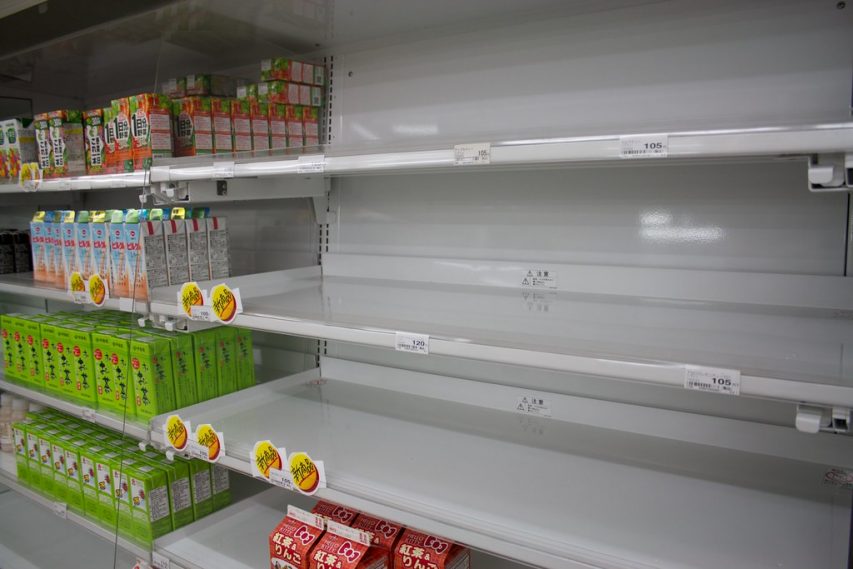Via Instapundit, Karen Kataline shares a look at the things that bother Michael Bloomberg about you:

Former New York City Mayor Mike Bloomberg speaking with supporters at a campaign rally in Phoenix, Arizona on 1 February, 2020.
Photo by Gage Skidmore via Wikimedia Commons.
Take Michael Bloomberg … please! What drives this man with the freedom to enjoy his wealth in 65 billion different ways, to spend his time trying to curtail the freedoms and choices of others, even down to the size soda they drink and the amount of salt they ought to be allowed to sprinkle on their spinach?
Coloradans know all too well that the former New York Mayor and Democratic Presidential Candidate spent boatloads of cash pushing state legislators to clamp down on their God-given right to defend themselves and their families. He has pushed freedom-sucking and blatantly biased “Red Flag” bills in numerous other states around the country.
Mayor Busybody simply can’t stop telling others what to do. It seems to be an obsession with him — or maybe, a compulsion too. I gained insight into this when I returned to a New York Times article from 2009 that described Bloomberg’s eating habits.
“He dumps salt on almost everything, even saltine crackers. He devours burnt bacon and peanut butter sandwiches. He has a weakness for hot dogs, cheeseburgers, and fried chicken, washing them down with a glass of merlot. And his snack of choice? Cheez-Its.”
Obsessive-Compulsive Disorder (OCD) is about control. Controlling one’s out-of-control thoughts, feelings, and behavior by attempting to control his external environment. Consciously or unconsciously, those afflicted do this in vain, to the point where they feel unable to control the compulsion as well (as in excessive hand-washing).
Most sufferers aren’t dangerous unless they have 65 billion dollars and a God-complex.
The Times went on to report this delicious insight:
“… he (Bloomberg) is known to grab food off the plates of aides and, occasionally, even strangers. (‘Delicious,’ he declared recently, after swiping a piece of fried calamari from an unsuspecting diner in Staten Island.)”
Behavior like this exhibits a staggering and extreme lack of boundaries. The Times seems to only snicker at this, but it’s painfully clear that Bloomberg has great difficulty respecting the basic boundaries of civil society. No wonder it’s so easy for him to help himself to your freedoms and your choices when he can’t stop helping himself to your calamari.







